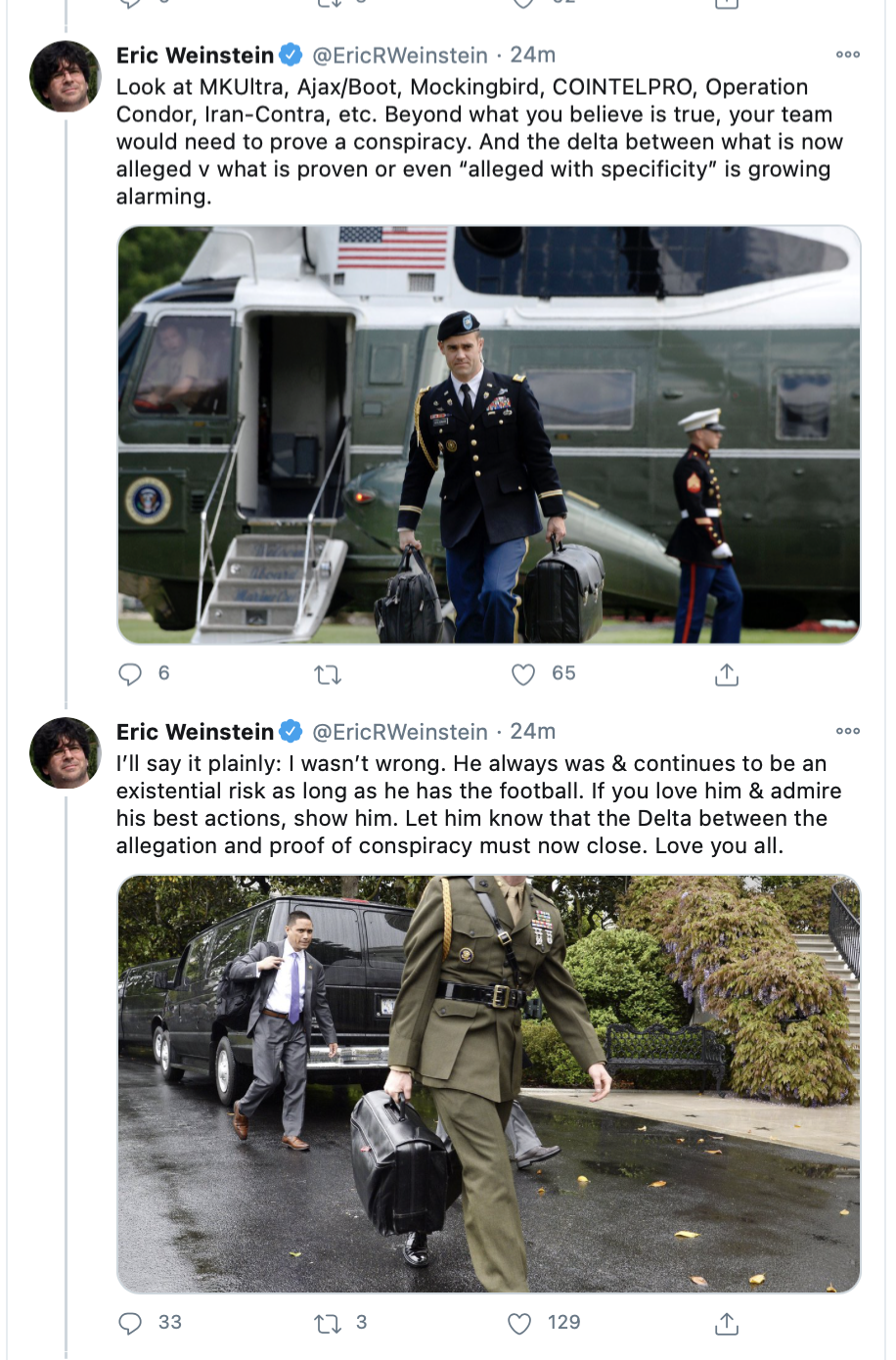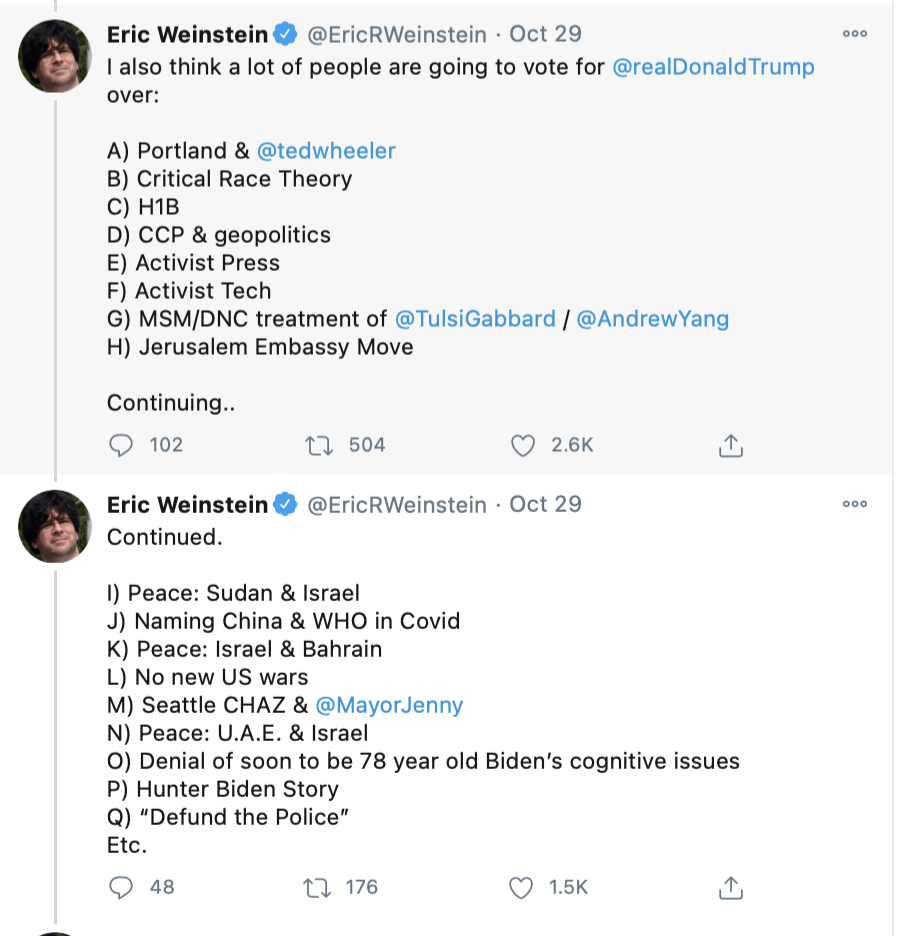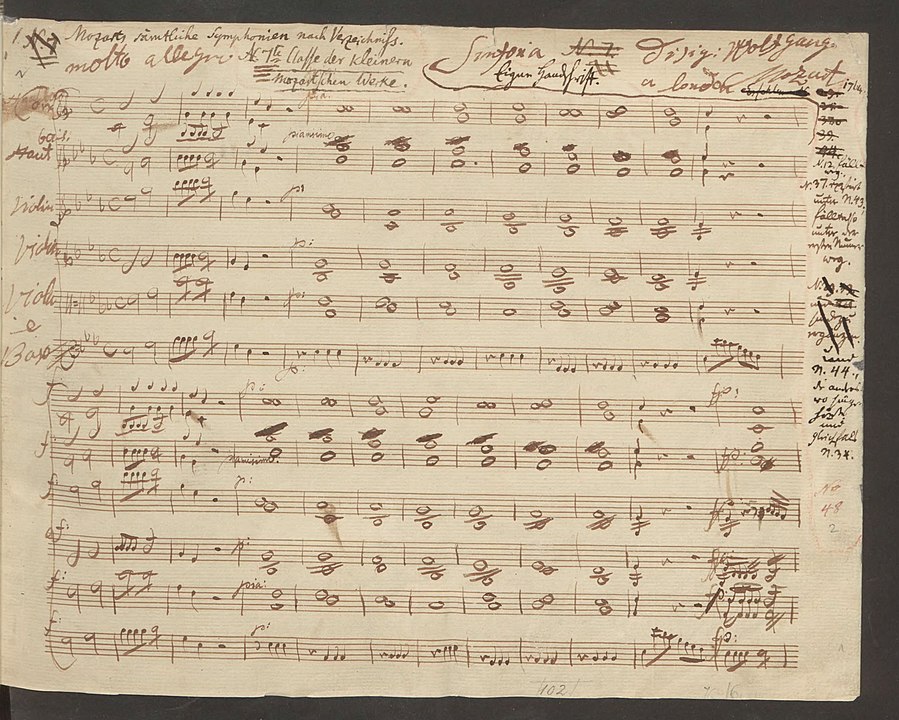Matt Taibbi’s Ambitious Substack Adventure
I subscribe to Matt Taibbi's new Substack column and I'm a proud supporter of his excellent investigative and opinion articles. Today he announced that his Substack presence will be far more expansive than these columns. I invite you to take a look at what he proposes and to join me in supporting excellent journalism. Here's an excerpt from today's announcement:
When I first switched over to Substack, I had a vague thought of expanding. Ideas included hiring younger reporters to contribute investigative features, adding a video or multimedia component, and finally, using Substack to create a magazine-like structure in which the longer articles would be buttressed by weekly or monthly columns, cartoons, Q&A sections, and other (hopefully) funny or interesting items.
Beginning this week, I’ll be introducing most of these elements through a new newsletter called TK Weekly (which will probably be more like a bi-weekly, but call that part of the joke). Subscribers will receive this regular editor’s note in addition to the essays and reported pieces already being published on this site.
I’m not at the stage of hiring full-time reporters yet, but I’ve begun bringing in outside help on a few projects here and there, with the aim of eventually making this a space for writers, researchers, cartoonists, etc., to contribute material that might not have a home in mainstream outlets.





